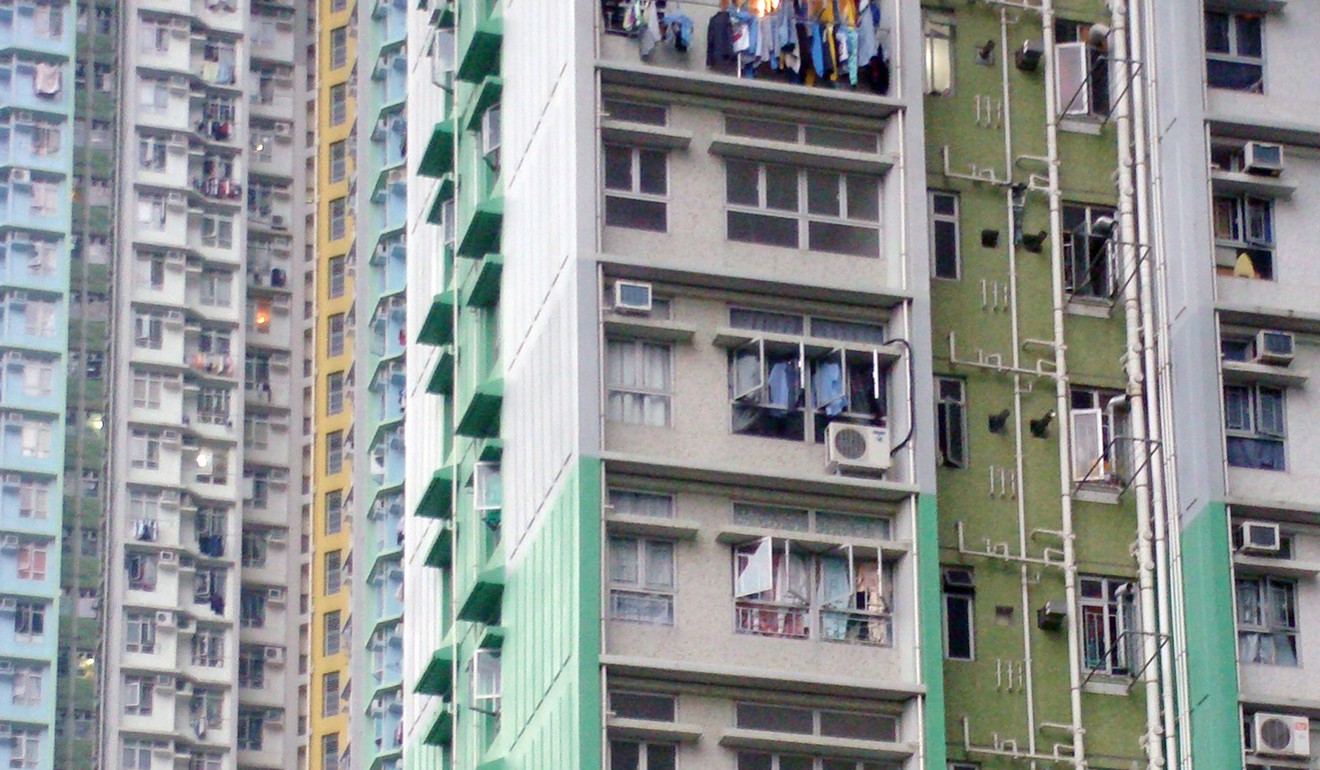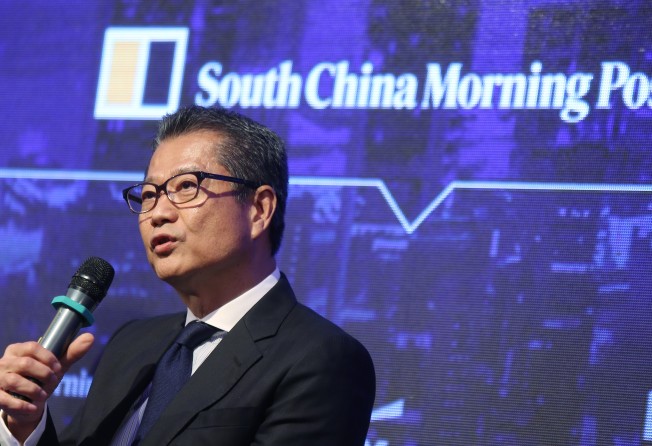
Political courage has to be shown when it comes to empty Hong Kong flats
Financial chief Paul Chan Mo-po deserves praise for considering a vacancy tax on those who hoard unoccupied properties, but the measure must not be rushed into

Empty flats are the bane of Hong Kong’s property market and housing planners. Far from signalling an oversupply, they exacerbate demand that drives prices and rents up and forces more than 200,000 people to live in subdivided flats. This sign of a growing wealth gap has just got worse.
A surge last year in the number of empty flats completed by developers to 9,500, about double that at the beginning of 2017, has prompted policymakers to study the problem anew.
Financial Secretary Paul Chan Mo-po says one of the measures being considered is a vacancy tax on owners hoarding empty flats, of which there were more than 40,000 or nearly 4 per cent of the total at the end of 2016.
This would amount to a radical and controversial U-turn where other measures such as increased stamp duties have failed to cool a red-hot market.
Such a tax would be difficult to implement and be fiercely resisted by developers. But Chan said the recent surge in vacant flats was not the only reason it was on the table.
The problem is expected to get much worse, with an expected increase of up to 50 per cent in the supply of new flats over the next year or two. The number of vacant properties could also be expected to rise proportionately.
Speaking at a debate organised by the South China Morning Post in the wake of his second budget, he said he would have “no fear” of confronting opposition from private developers if he were to press ahead with the groundbreaking tax.

It would need political courage to take developers on. But Chan deserves support for signalling that all cards are on the table.
The twin developments of a mass housing market that reflects a growing income gap and a floating stock of unoccupied flats that artificially sustains demand and prices is socially unhealthy.
Without action to bring the market more into balance, the situation can only get worse. To be sure, enforcing a tax on vacant flats would be very difficult not only because of the need to police whether properties are indeed unoccupied, but also the temptation for people to find loopholes.
The easiest option would be to focus on developers who are sitting on stock. One solution would be to tax additional properties on a rising scale to discourage mass holdings.
It is a complicated issue but it is good that it has the attention of the financial secretary. Such a tax is controversial and needs discussion.
Hong Kong enjoys the competitive advantage of a simple tax system and a new levy could have long-term implications. It is therefore not to be rushed into.
Nonetheless, Chan is to be commended for raising it. His cryptic comment – “no fear” – suggests the government is determined to address the issue. This should prompt debate about solutions and the tactics of some developers.